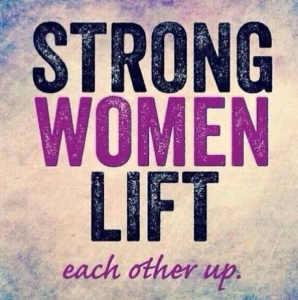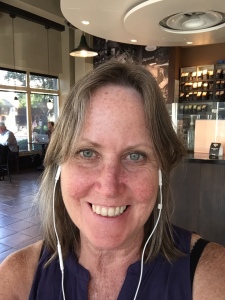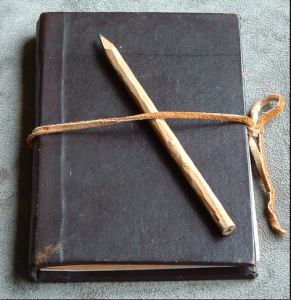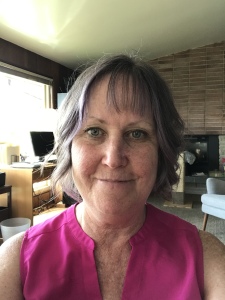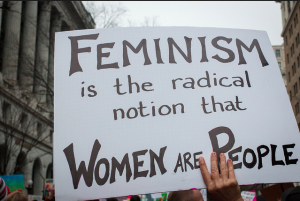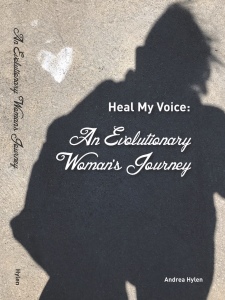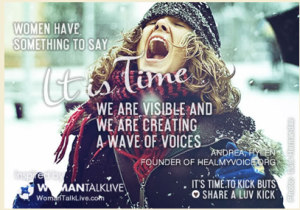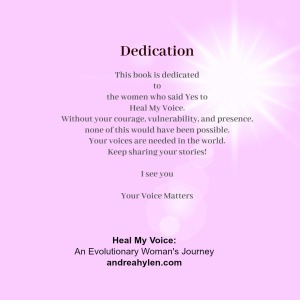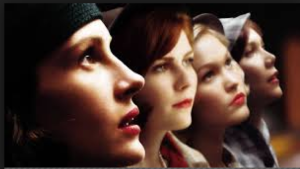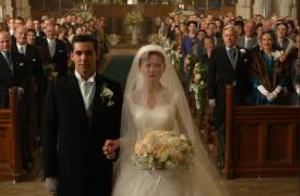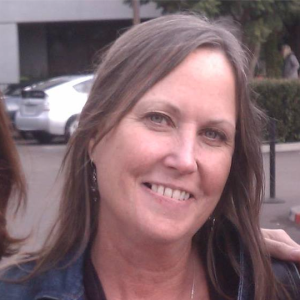Developing the Qualities of Feminine Leadership
It was 1974. I was in the 11th grade at Phoenixville Area High School and I was chosen to be the Captain of the show flags in the marching band. Right before our last local parade of the season, and before the band camp started where I would receive guidance on show flag routines and leading a squad of girls, the current Captain had a family emergency and was not available to lead us. I was thrust into leadership with no idea what I was doing! My first thought was to lead like a man using the stereotype of a platoon sergeant in the Army. I yelled at the 12 girls to straighten up, to present their flags with more precision. Stand tall. Straighten up. Sharper moves. Get in line. I was yelling the orders during the whole parade and I was exhausted by the end. I felt terrible and it wasn’t fun at all. I can remember feeling defeated and unsure of myself, questioning my ability to lead. The current Captain had always made it feel so fun. How could I lead like that?
At the summer band camp training, I learned new routines, observed the leadership and marched all day for a week. The fun returned. When our high school band camp started the week before school, I was eager to share what I had learned with the girls. While the other marching band groups: batons, rifles, and musicians, were practicing in their separate groups, I decided to try a different approach to lead. Instead of focusing on precision and marching in straight lines, I told the girls I wanted to share new routines I learned at the training camp. I focused on having fun, team building and connection, seeing us as collaborators and asking for their ideas. This was why we were on the show flag squad. It was fun to be part of a team and we wanted the challenge to learn the routines.
In the afternoon, when all of the groups came together to learn the choreographed routine, we would perform at every football game intermission this fall season and in competitions with other marching bands, we were ready. The show flag girls were connected and focused. We had filled up with fun all morning, connected with our purpose and now we worked hard to become the best squad of all time.
It was the first time I could feel the power of working as a team and leading in a way that invited every voice into the circle. Seeing and valuing each other. When I think about feminine leadership, I remember that moment in time. The elements included creativity, connection, team building, collaboration, intuition. I have used this experience in work, raising children, and leading women’s circles. This is what it feels like to lead with the feminine leadership style.
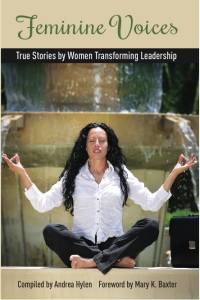 Fast forward to 2013, and the Heal My Voice feminine leadership project. In an on-line circle of twenty women, in the dead of winter, we began to ask the question, what does it mean to be a feminine leader? The women in this writing circle ranged from a football player in a women’s league, to a woman who worked at NASA, to a woman who had adopted children from Russia, to a young female entrepreneur, to a woman who was homeschooling her children. We began to unravel all the ways we had been leaders. Student council President, Mother, Team leader, Engineer, Adoption Pioneer, Girl Scout Leader and Teacher. Our discussions focused on how we had been leaders in the past and how that was changing with new awareness. Who were we as leaders? What mistakes had we made? How had we corrected those mistakes and shifted? How did we want to lead now? Many of the women in this group had graduated from college in the 70’s and 80’s. We had enthusiastically entered the workforce, but we had been expected to lead like men. Even the clothing we wore, suits with shoulder pads, were to look like men. We had to cover up femininity which was seen as weakness. For those of us who had defined ourselves as volunteers, caregivers and mothers, we didn’t even acknowledge the leadership roles and qualities we were using because we were not paid a salary. We now know that leadership has nothing to do with a salary. It is in the choices and decisions we make and how we live our lives by example.
Fast forward to 2013, and the Heal My Voice feminine leadership project. In an on-line circle of twenty women, in the dead of winter, we began to ask the question, what does it mean to be a feminine leader? The women in this writing circle ranged from a football player in a women’s league, to a woman who worked at NASA, to a woman who had adopted children from Russia, to a young female entrepreneur, to a woman who was homeschooling her children. We began to unravel all the ways we had been leaders. Student council President, Mother, Team leader, Engineer, Adoption Pioneer, Girl Scout Leader and Teacher. Our discussions focused on how we had been leaders in the past and how that was changing with new awareness. Who were we as leaders? What mistakes had we made? How had we corrected those mistakes and shifted? How did we want to lead now? Many of the women in this group had graduated from college in the 70’s and 80’s. We had enthusiastically entered the workforce, but we had been expected to lead like men. Even the clothing we wore, suits with shoulder pads, were to look like men. We had to cover up femininity which was seen as weakness. For those of us who had defined ourselves as volunteers, caregivers and mothers, we didn’t even acknowledge the leadership roles and qualities we were using because we were not paid a salary. We now know that leadership has nothing to do with a salary. It is in the choices and decisions we make and how we live our lives by example.
In our circle conversations, we defined feminine leadership as a balance of feminine and masculine qualities. We defined masculine qualities as structure, risk and action. We defined feminine qualities as creativity, empathy, holistic and intuition. Women and men can lead this way. So, why use the words “feminine leadership” if both women and men can use this balanced style? We are unraveling the toxicity and dysfunction around the words, “leadership” and “power.” Step into using personal power, inner wisdom, inspired action and feminine leadership: A balanced approach of doing and being. It is time to find a new authentic way to lead.
I leave you with a few questions to explore:
*Do you see yourself as a leader?
*What are the qualities you use to lead?
*What are your strengths and weaknesses?
*How do we lead together?
Andrea Hylen is the founder of Heal My Voice and the Writing Incubator, on-line writing communities with coaching support. www.andreahylen.com

